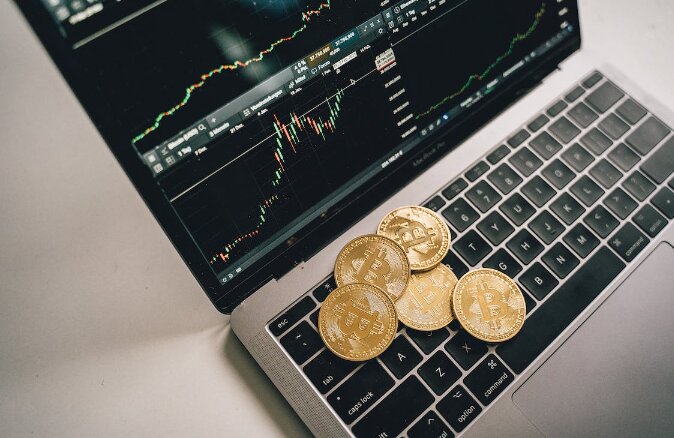
The global economy is experiencing profound changes driven by technological advancements, shifting consumer behaviors, and evolving geopolitical dynamics. As countries adapt to the rapid pace of change, understanding these trends becomes essential for businesses and individuals alike. Economic globalization has interconnected markets, leading to increased competition and innovation. However, this interconnectedness also exposes economies to risks such as trade tensions, supply chain disruptions, and inflationary pressures. In this context, monitoring economic indicators—such as gross domestic product (GDP), unemployment rates, and consumer confidence—is crucial for assessing overall economic health.
Moreover, sustainability has emerged as a significant focus within the economy. As climate change and environmental concerns gain prominence, businesses are increasingly adopting sustainable practices. Consumers are demanding transparency and accountability, pushing companies to prioritize eco-friendly initiatives. Governments are also implementing policies that promote sustainable development, including renewable energy investments and carbon reduction targets. This shift toward sustainability is not just a trend but a necessary evolution for future economic resilience. By understanding these dynamics, businesses and individuals can make informed decisions that align with long-term economic stability, ensuring they are well-prepared to navigate the challenges and opportunities of an ever-changing global landscape.
